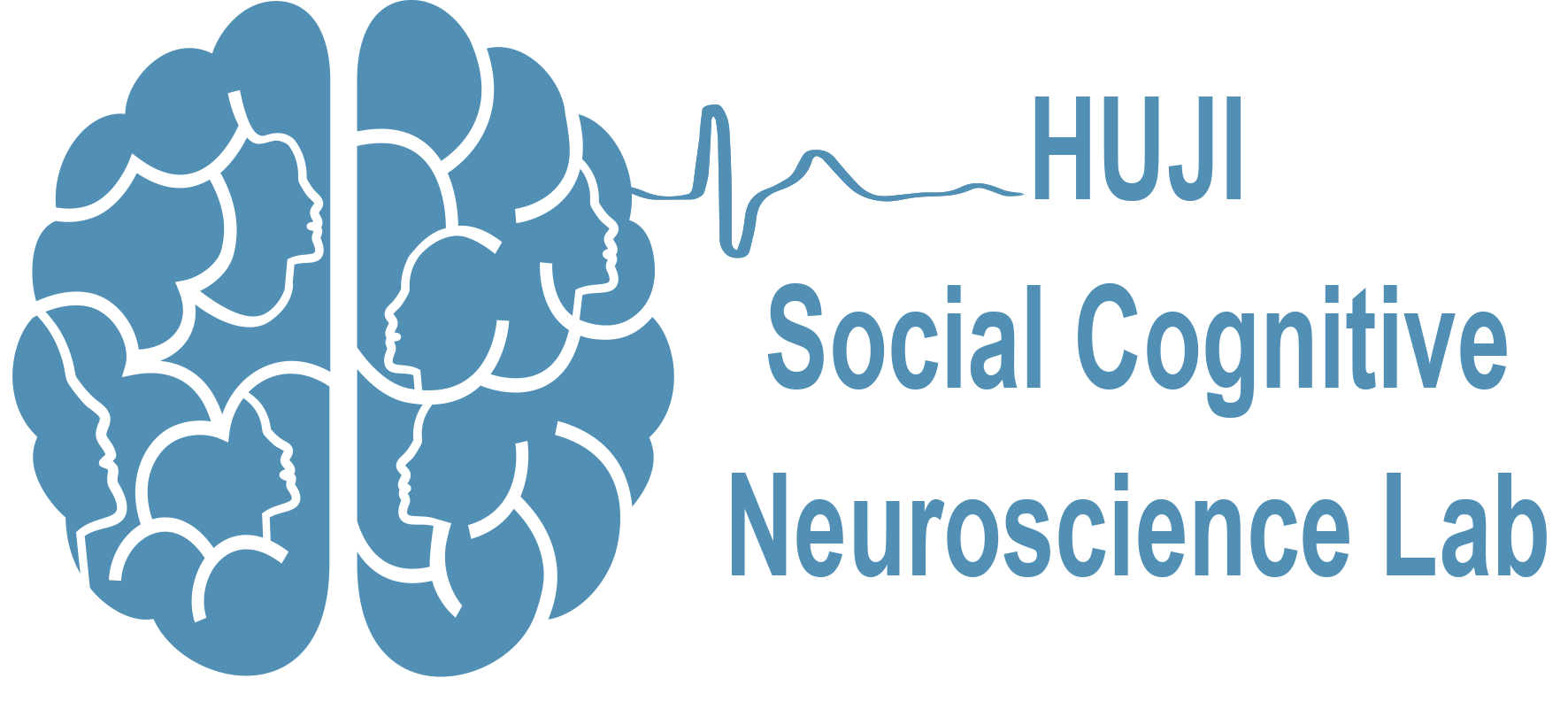Abstract:
Complex post-traumatic stress disorder (CPTSD) stemming from childhood sexual abuse (CSA) is characterized by profound interpersonal difficulties in later life. Despite the crucial role empathy plays in social functioning, the specific deficits in emotional and cognitive empathy in CPTSD remain understudied. This study employs a rich, naturalistic empathy task to investigate empathic responses among women with CPTSD following childhood sexual abuse. Female participants with CPTSD following CSA and female controls viewed autobiographical videos containing emotional pain, while providing dynamic ratings of their own distress and post-viewing assessments of their own and the targets' emotions. The results showed that the CPTSD group had higher levels of baseline and sustained anxiety compared to the controls, which is consistent with their heightened distress and hyperarousal clinical profiles. Emotional empathy, operationalized as synchrony between participants' and targets' distress ratings, was significantly lower in the CPTSD group, indicating diminished alignment with others' emotional experiences. Cognitive deficits were evident in the systematic underestimation of targets' anger. This study significantly contributes to the understanding of empathy deficits in CPTSD following CSA and potentially informs therapeutic strategies targeted for this population. Specifically, the findings suggest that interventions aimed at improving emotional attunement and fostering the recognition and expression of anger may enhance social functioning and therapeutic outcomes for women with complex trauma stemming from childhood sexual abuse.
Publisher's Version

